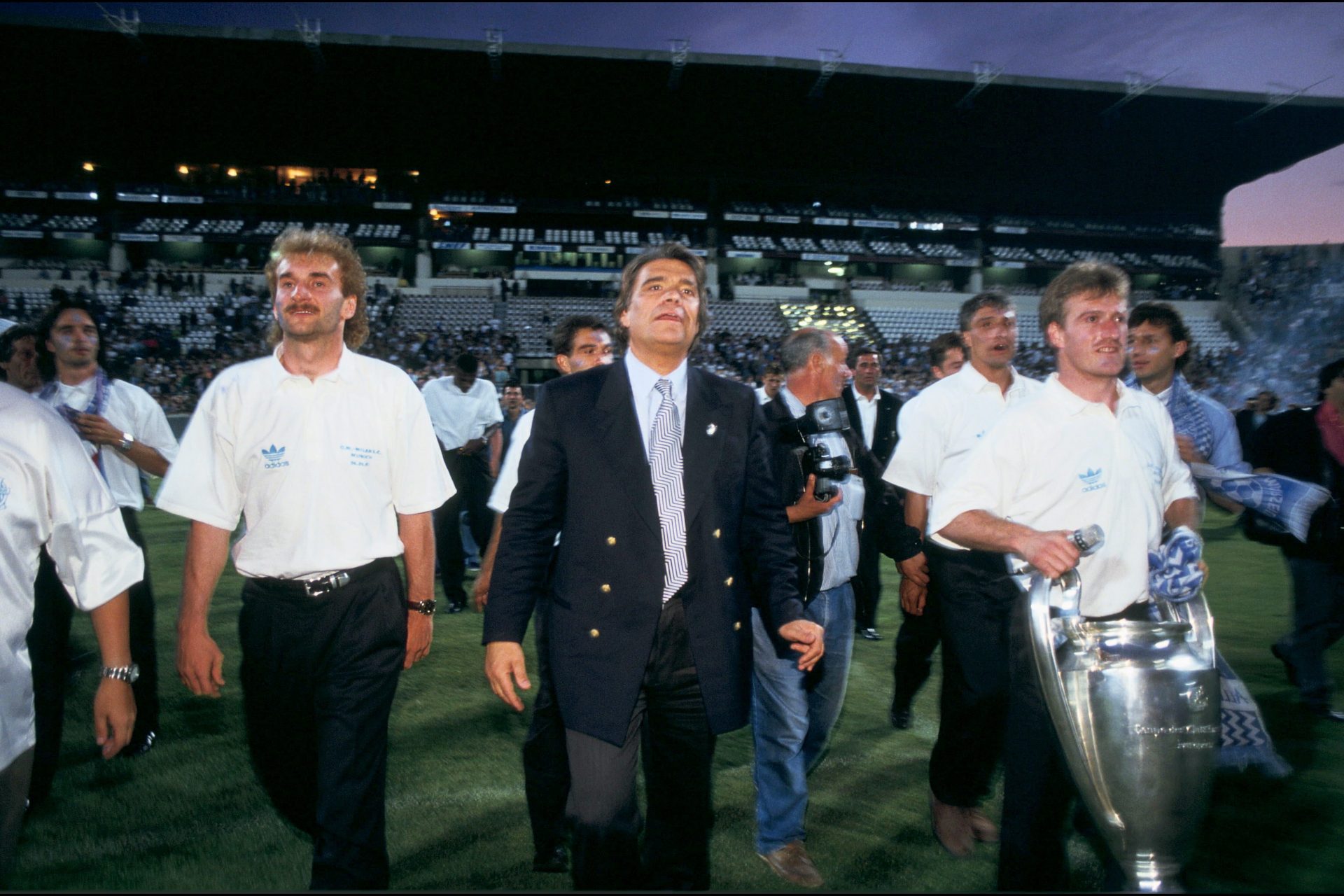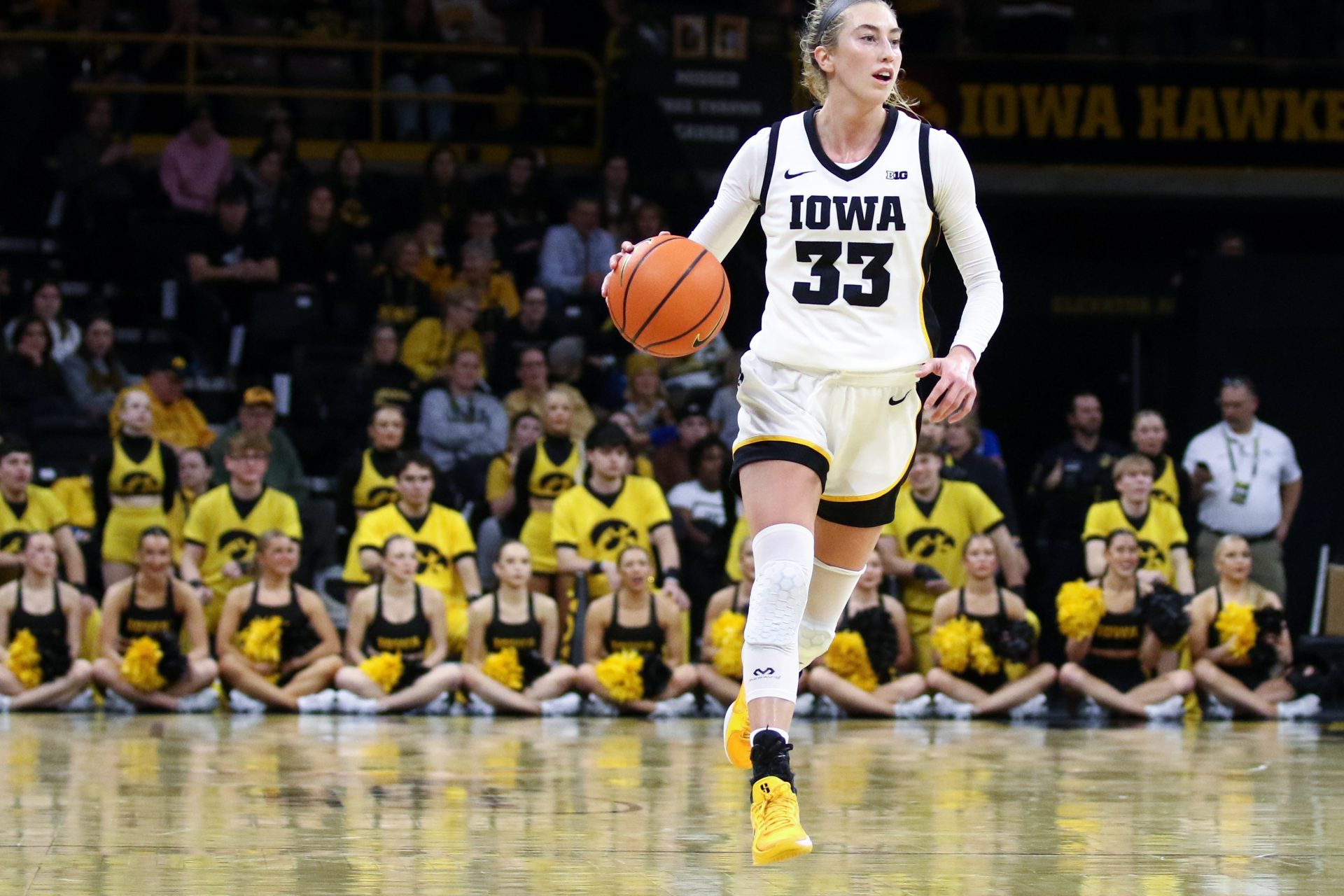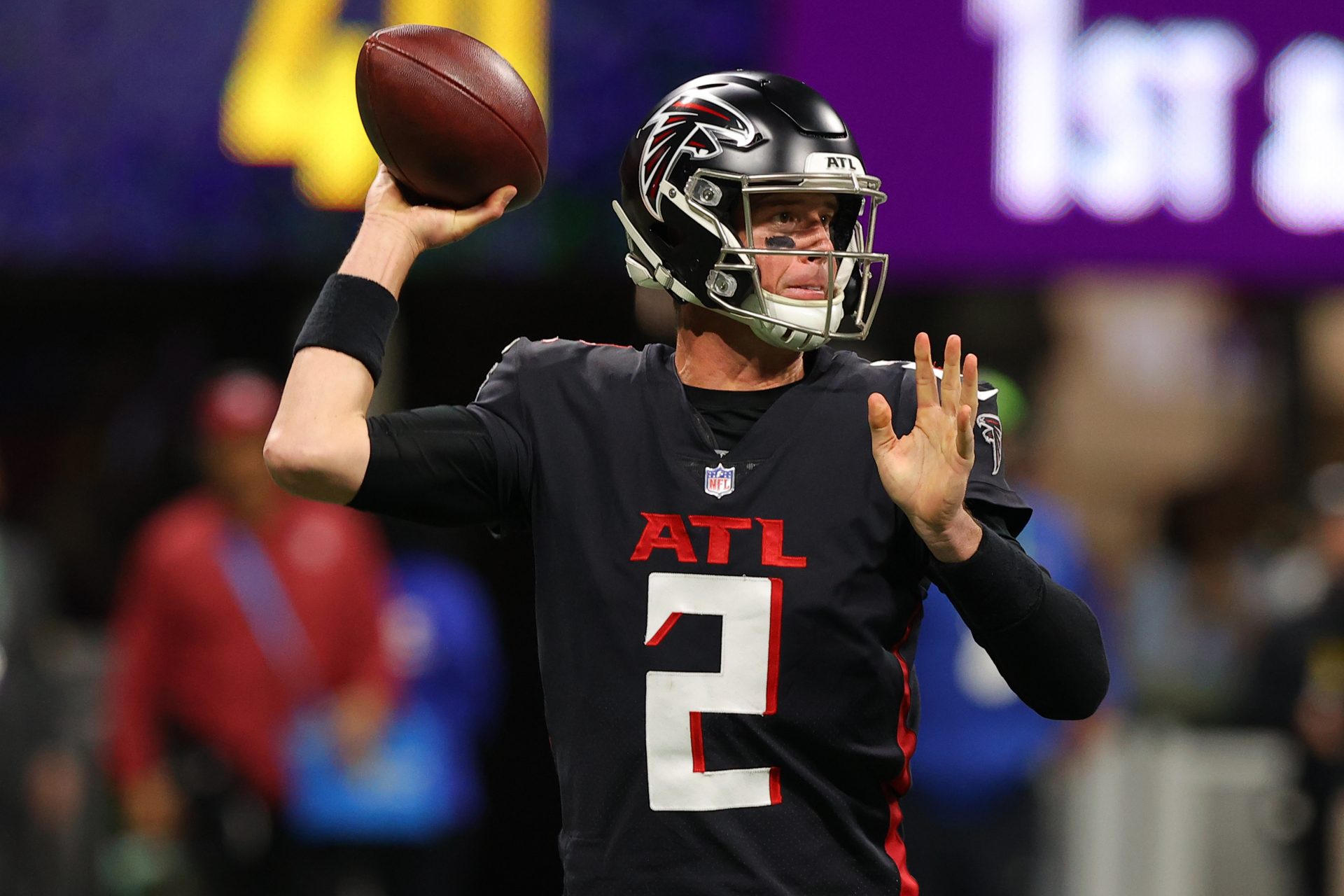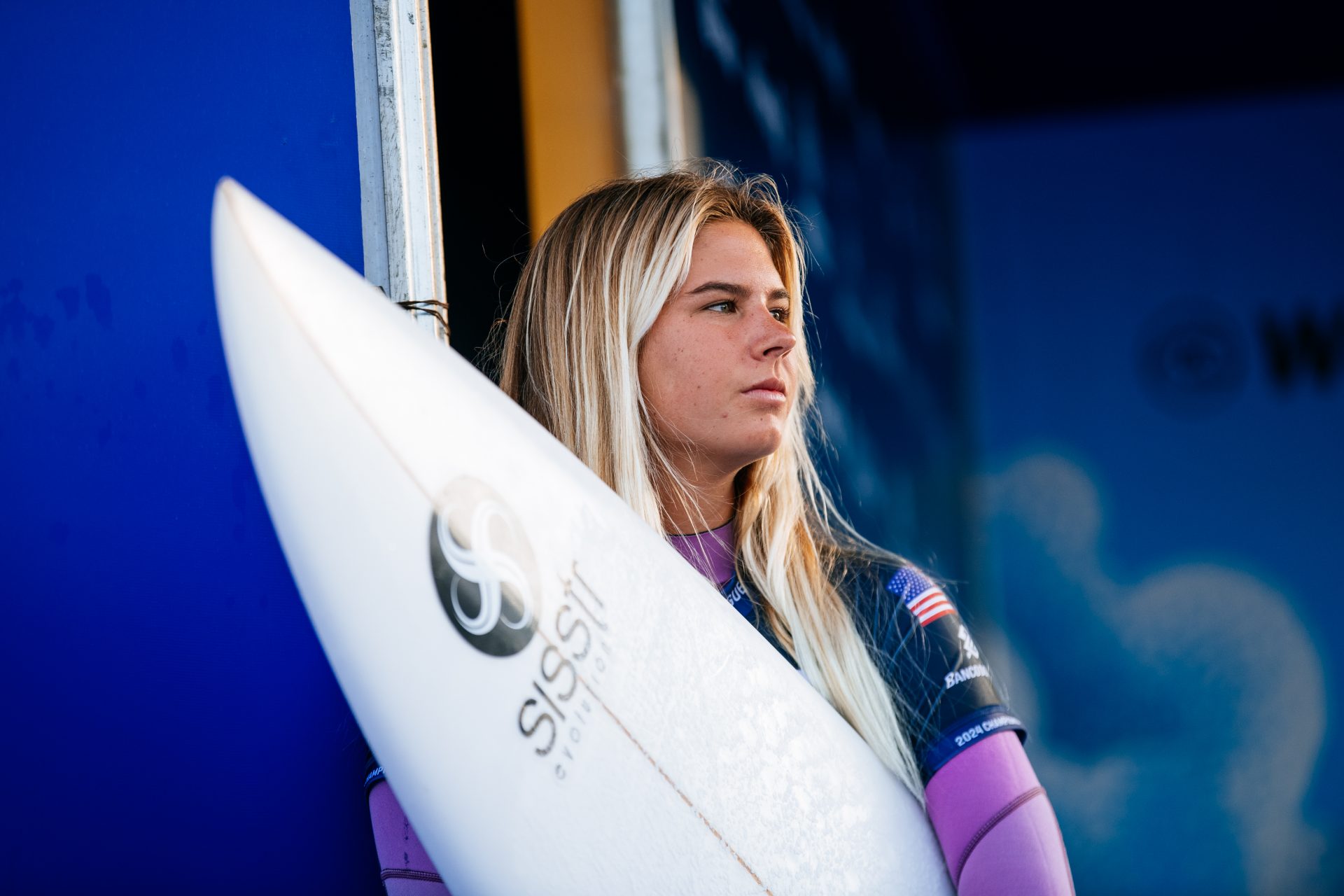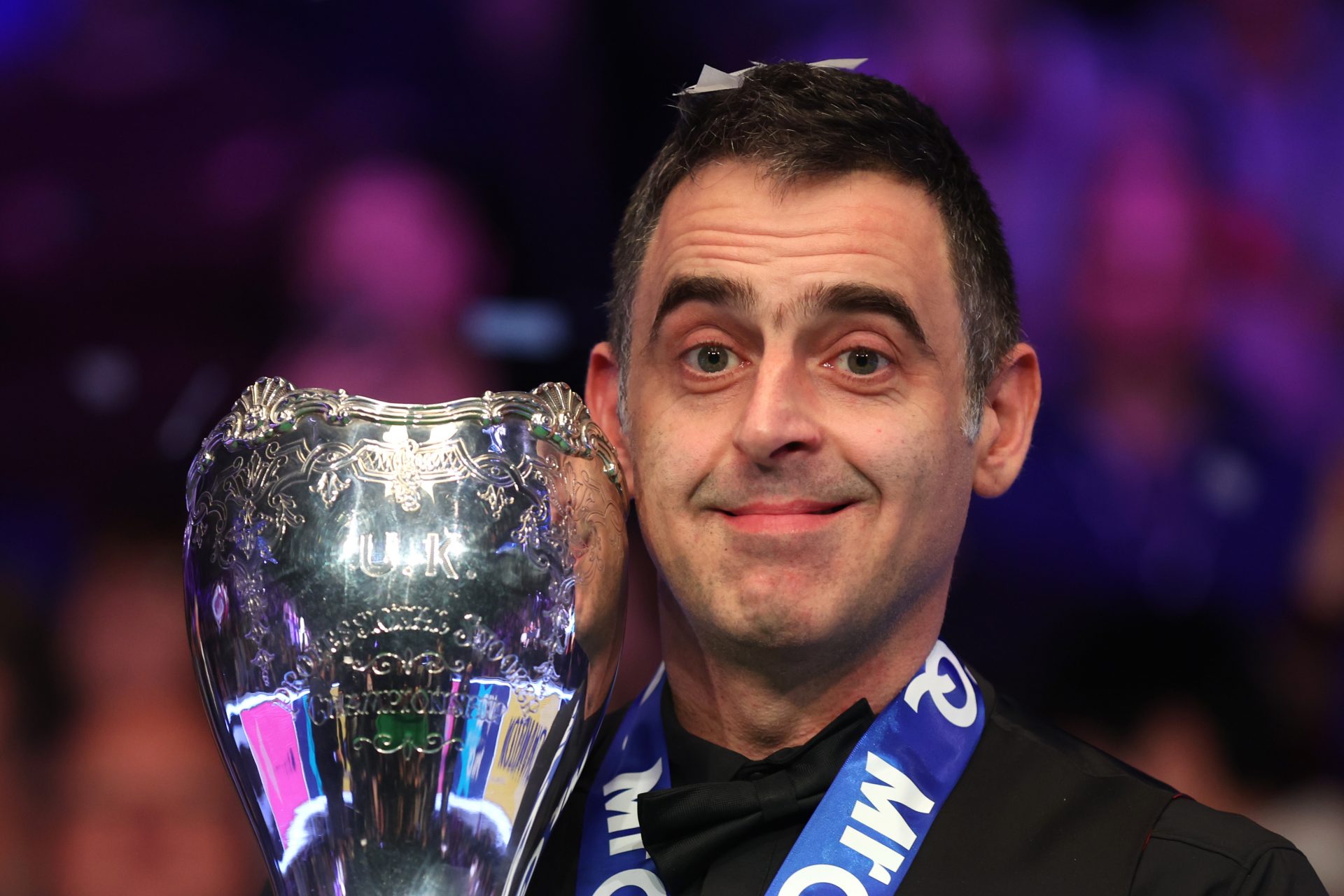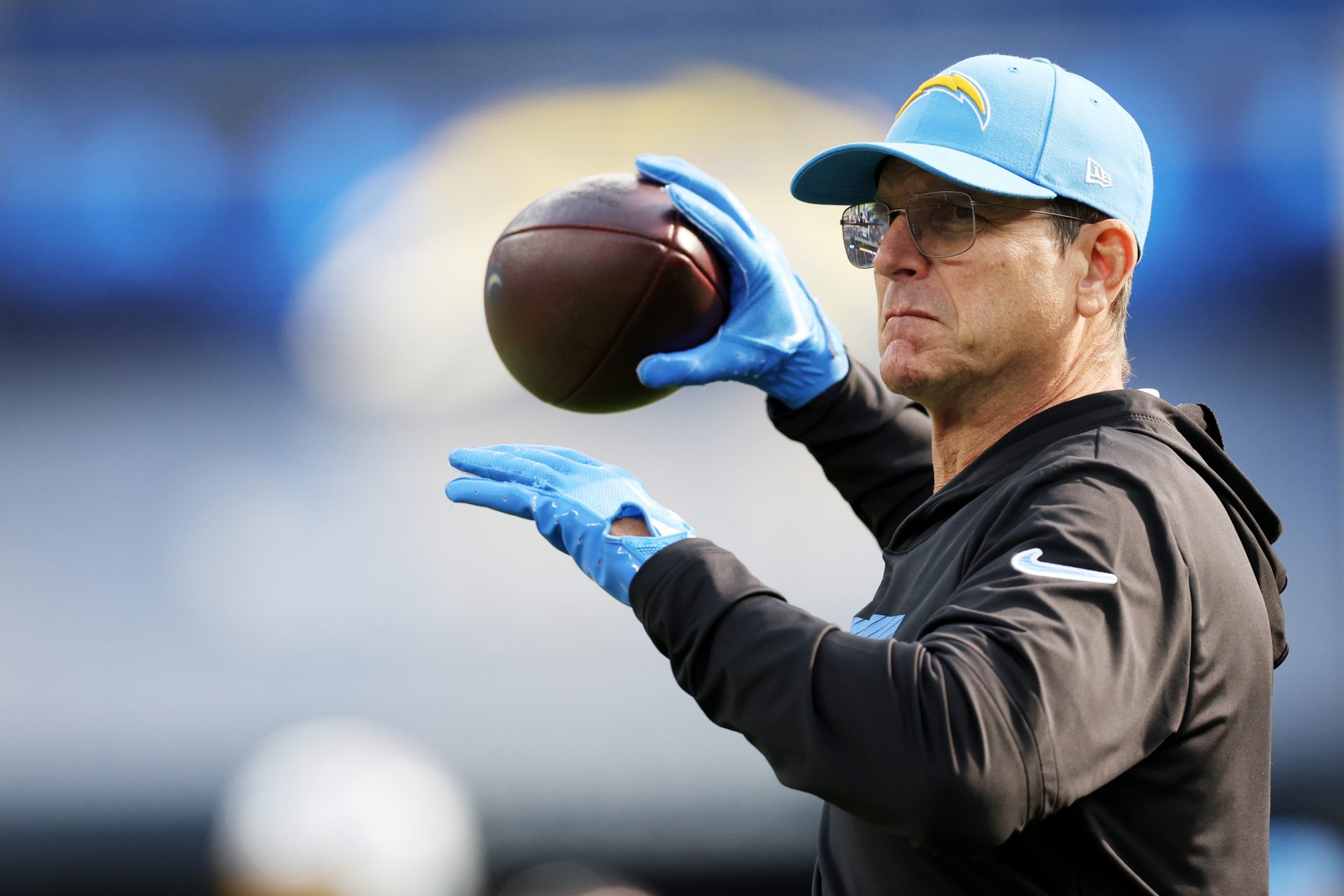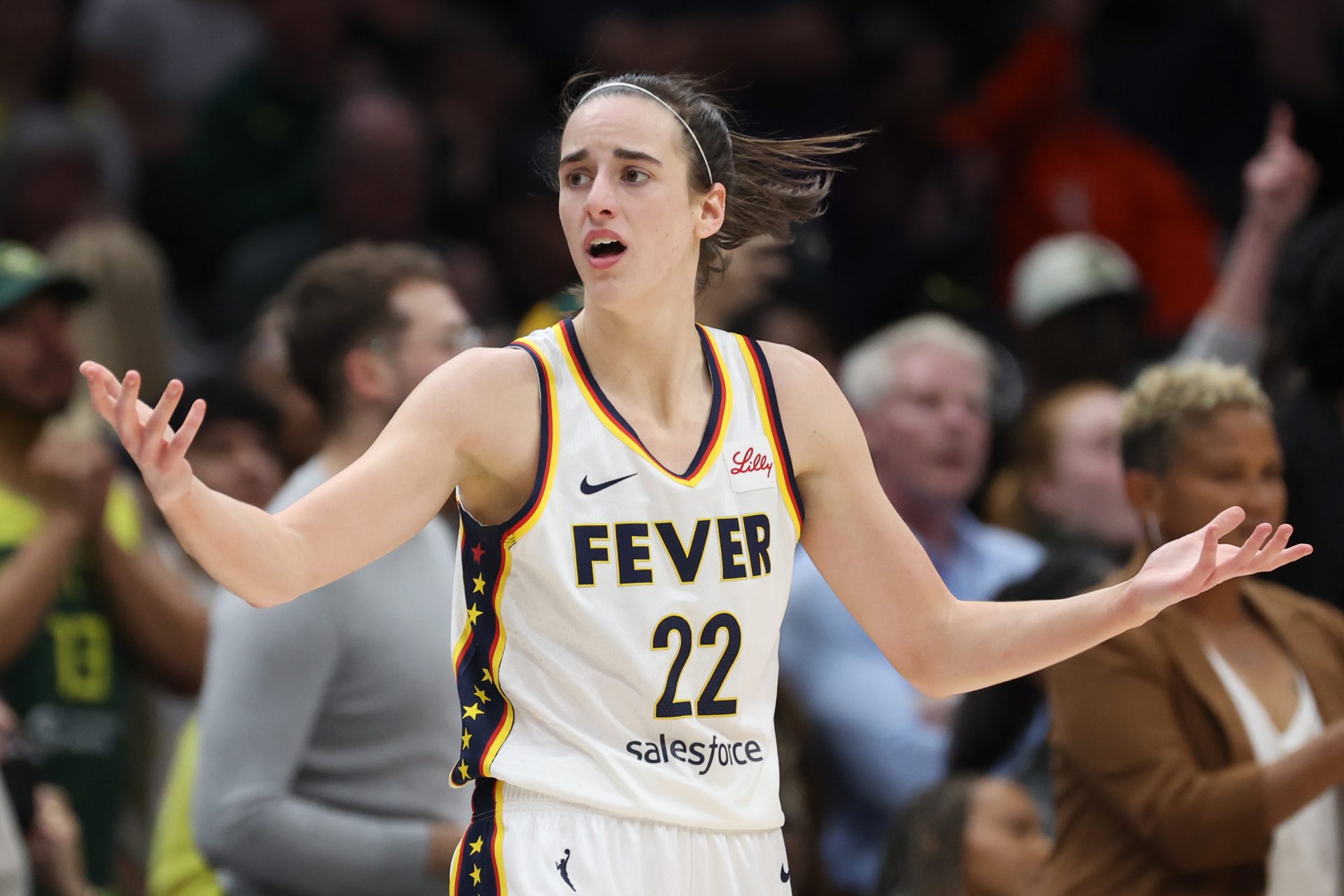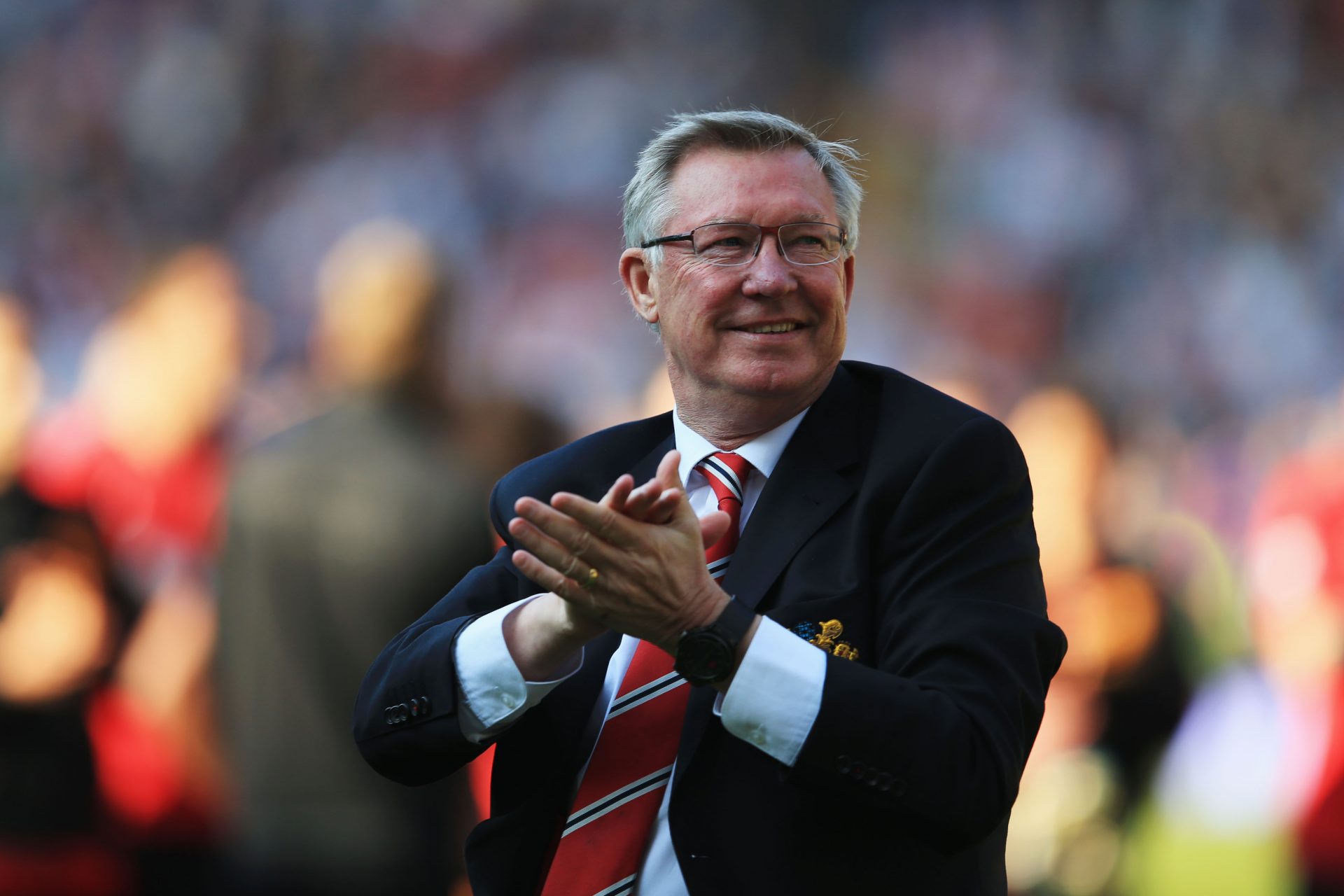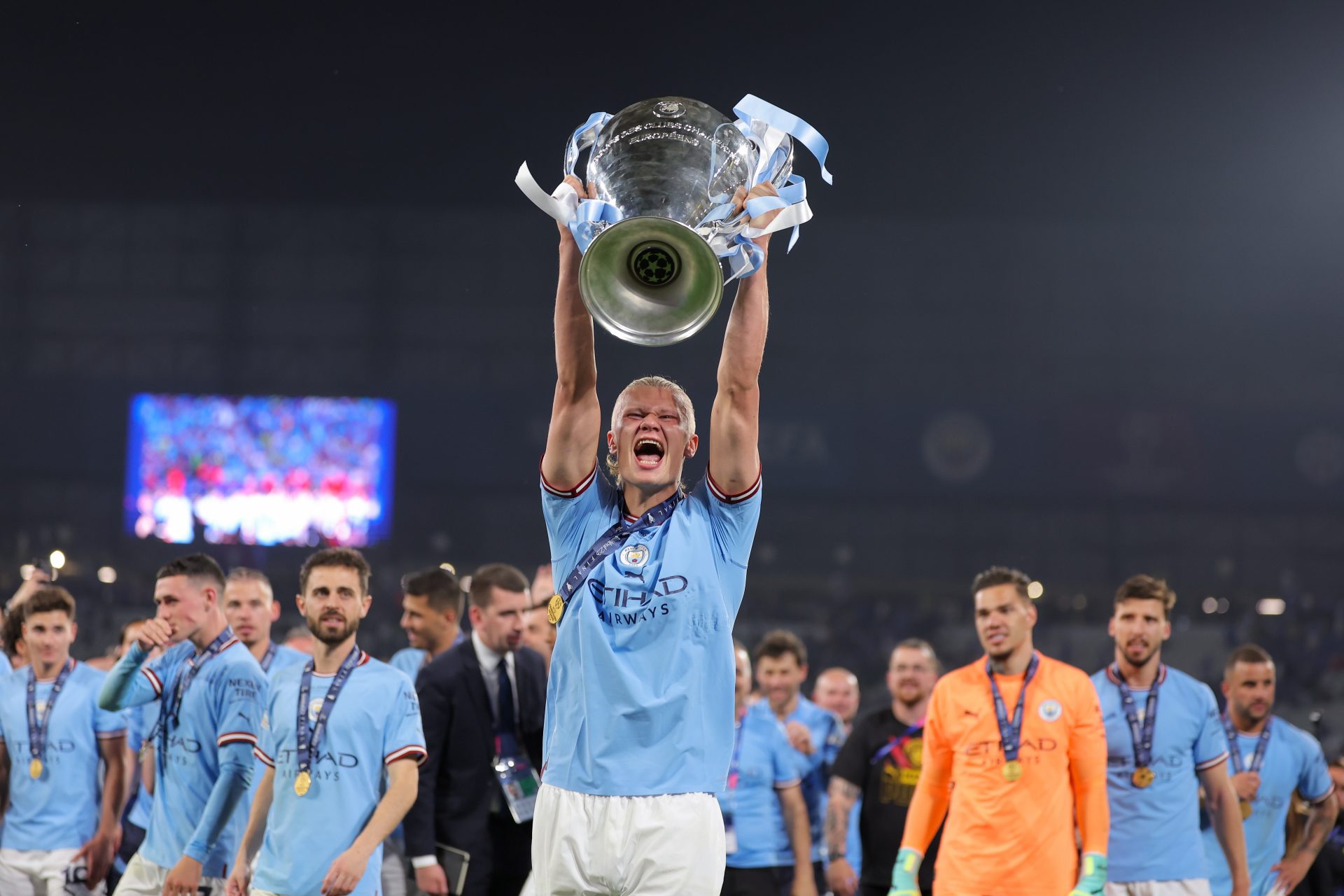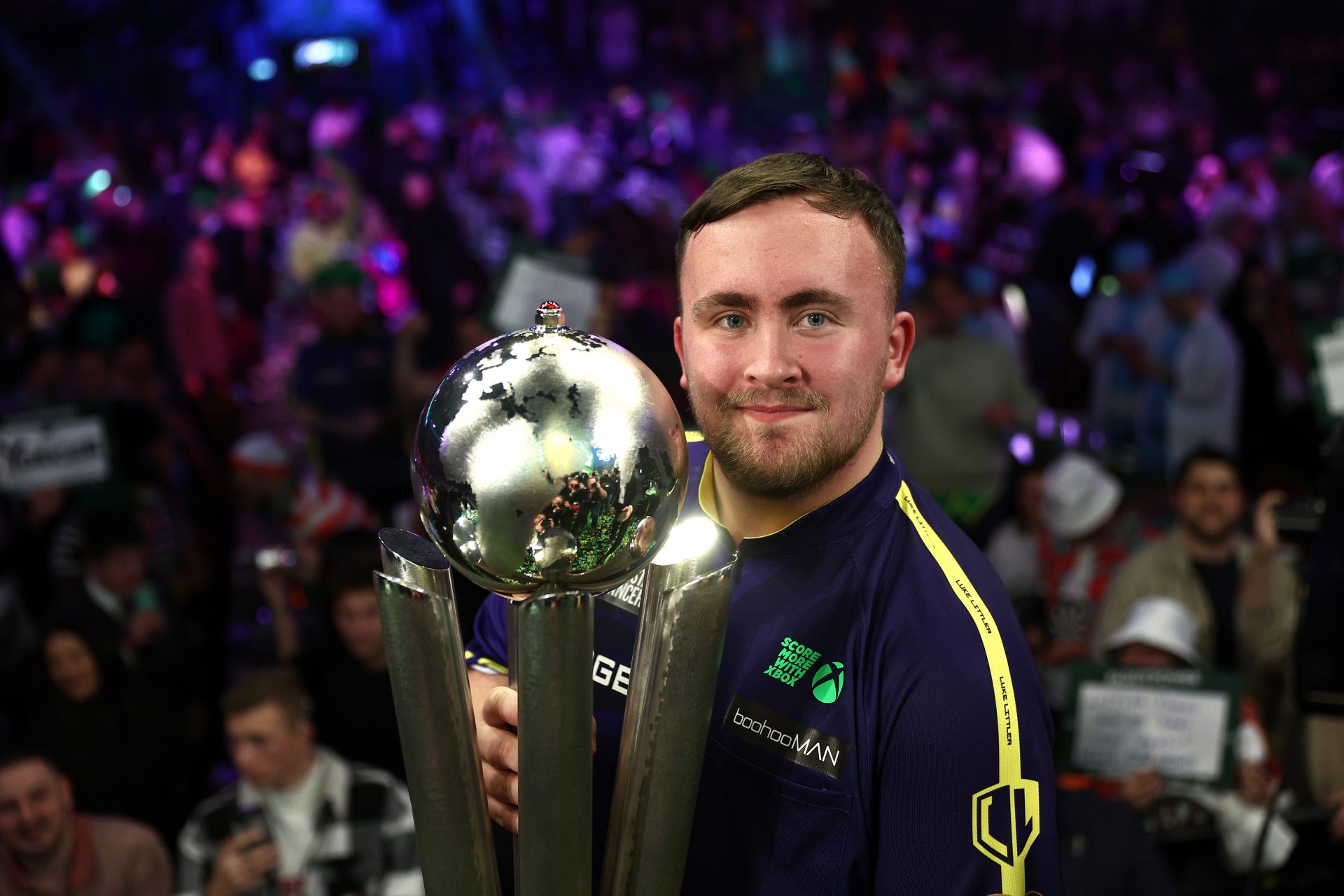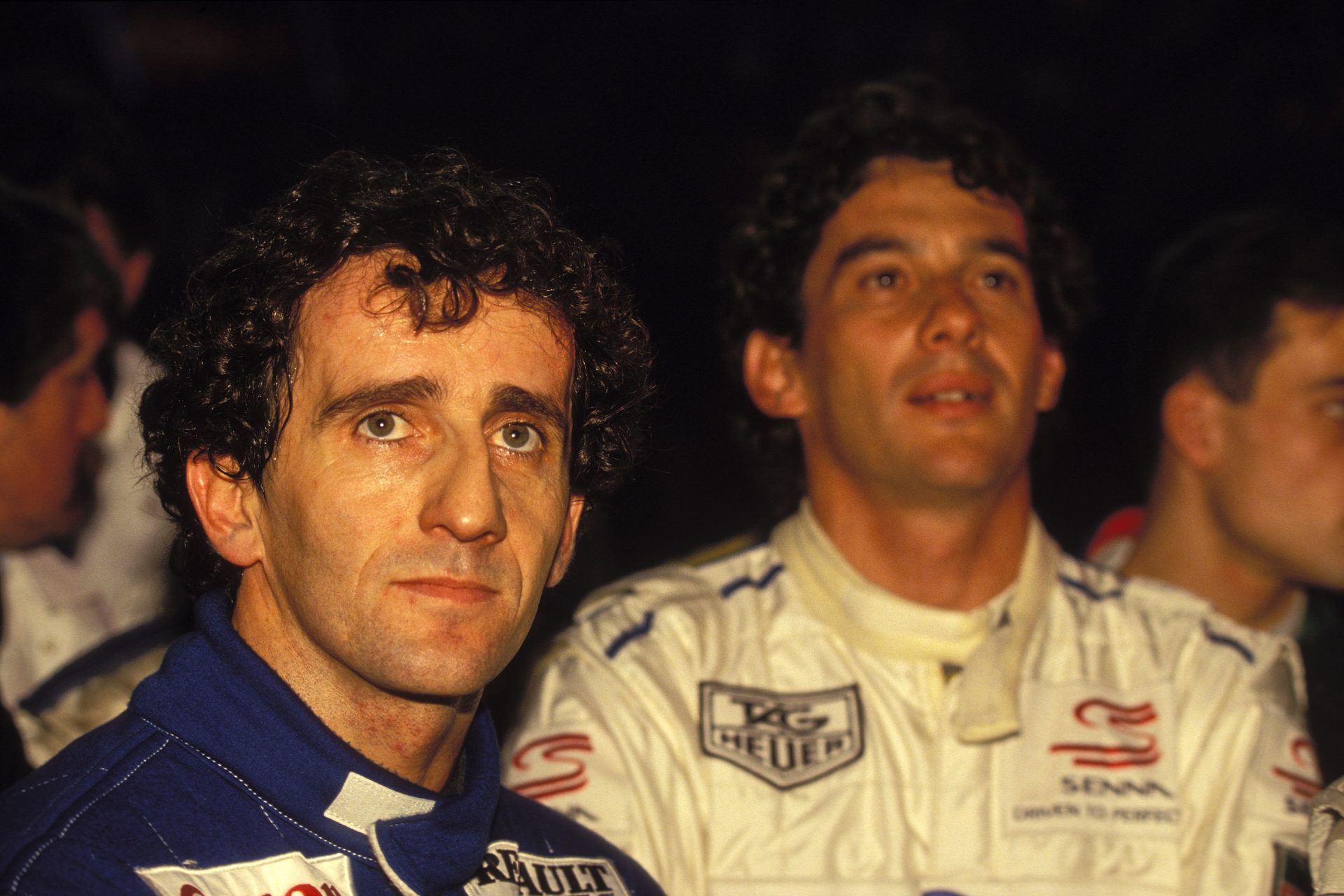Didier Deschamps: The story of a legendary coach
At the start of 2023, Didier Deschamps was reappointed to lead the French national team until 2026. Deschamps himself announced the news at a press conference, alongside then French Football Federation (FFF) President Noël Le Graët.
Deschamps, who has coached Les Bleus since 2012, reached the end of his contract at the end of the 2022 World Cup, during which the French reached the final. Many saw Zinedine Zidane, however, who had enjoyed several brilliant seasons on the Real Madrid bench, as a natural successor who could have taken over the reins of the French national team in 2023.
If Deschamps completes his contract, he will have spent fourteen years at the helm of the French national team. An all-time record that will be all the more difficult to beat given that the 1998 world champion has left his mark on the history of the French national team like no other coach. Here's a look back at a unique career in French football.
Born in 1968, Didier Deschamps started training at FC Nantes from 1983 onwards. He made his first-team debut two years later and was even captain of the 'Canaris' at the age of twenty. The young defensive midfielder was called up to the French national team in 1989 and was already being courted by some of the biggest clubs.
In 1989, the international signed a four-year contract with Olympique Marseille, then directed by Bernard Tapie and starting a long period of domination of French football. However, he got off to a difficult start and was loaned out to Bordeaux for the 1990/91 season.
Back at OM, the midfielder established himself as one of the leaders of the Phocéens, winning the French league several times. However, it was on the European stage that the player and his club made history, lifting the 1993 Champions League, a feat unequalled to this day in French football.
However, the "VA-OM" affair (an accusation of match-fixing for the benefit of OM) broke out and Marseille were stripped of the 1993 French league title. It was the end of a cycle for the club and a shockwave throughout French football. To make matters worse, at the end of the year, Les Bleus narrowly missed out on qualification for the 1994 World Cup. Overall, it was a difficult time in Deschamps's career.
The Frenchman relaunched his career in Italy with Juventus, one of the most prestigious clubs of the time. After a lengthy injury, he established himself in the first team and won a second Champions League in 1996. Joined by Zinedine Zidane the following season, Deschamps went on to become a three-time Italian champion.
After a convincing semi-final performance at Euro 1996, the French team was eagerly anticipated for the 1998 World Cup on home soil. Deschamps, captain of Les Bleus, was coach Aimé Jacquet's main man on the pitch.
The Juve player put in some very solid performances during the World Cup, contributing both mentally and in terms of play to the French team's first World Cup title. After decades of anticipation in France, Deschamps proudly lifted the trophy after the final against Brazil (3-0) on 12 July 1998.
The following season was a difficult one for the player, with disappointing results on the pitch and investigations into doping cases involving Juventus. After winning the title in 1996, the Old Lady went on to lose the next two seasons in the Champions League final. It was time for Deschamps to end his spell in Turin and try his luck in England with Chelsea.
At Euro 2000, Deschamps became the first footballer to reach the milestone of 100 caps for the French national team in the successful semi-final against Portugal. He was one of the main architects of the final victory and the World Cup-Euro double that has gone down in the history of Les Bleus. He retired from international football shortly afterwards.
After just one year at Chelsea, the former Juve man would spend his final season in Spain with Valencia. He played just 19 games, but his team reached the Champions League final for the second year running. Deschamps hung up his boots for good in 2001.
The former player immediately turned his hand to coaching, taking over the AS Monaco bench for the 2001/02 season. After a disappointing first campaign, the Red and Whites were runners-up in the French league and won the League Cup in 2003.
The following season went down in the club's annals. With a group of solid and promising players (Morientes, Prso, Nonda, Giuly, Rothen, Evra, etc.), Monaco crushed Deportivo La Coruna 8-3 in the first round of the Champions League. They then eliminated Real Madrid in the quarter-finals and Chelsea in the semi-finals before losing the final (3-0) to FC Porto, coached by another prodigy, José Mourinho.
After leaving Monaco in 2005, Deschamps took over at Juventus in 2006. Relegated to Serie B for match-fixing, the club also suffered a heavy penalty in the standings. However, 'DD' managed to get the team back into the top flight in his first season, relying on the stars who had stayed at the club.
In 2009, OM appointed the club's former star player as their coach. Les Olympiens became French champions in 2010, a first since the Tapie era, and won three consecutive League Cups. Under Deschamps, the club also made a comeback in the Champions League, reaching the quarter-finals in 2012.
However, relations between the coach and OM's directors were difficult, and his last season was a disappointment in the league. In 2012, Deschamps was called up to succeed Laurent Blanc, another former France '98 player, on the bench of the French national team.
The national team was in the midst of rebuilding after the disastrous 2010 World Cup, and the coach declared from the outset that the players no longer had the room for error. However, by relying on a largely new squad (Antoine Griezmann, Paul Pogba, Olivier Giroud, etc.) and key players like Hugo Lloris and Karim Benzema, he took Les Bleus all the way to the quarter-finals of the 2014 World Cup, after a last-gasp qualification in the play-offs against Ukraine at the end of 2013.
However, the French team's extra-sporting problems did not disappear altogether, and Deschamps was forced to leave Karim Benzema out of the squad after he was accused of complicity in an attempt to blackmail his France team-mate Mathieu Valbuena. The affair touched Deschamps personally when the Madrid striker accused him of having "given in to pressure from a racist part of France".
However, even without Benzema, the French team was back on track with convincing results. After a slow start to Euro 2016 on home soil, Les Bleus put on an attacking show in the quarter-finals against Iceland (5-2) and overcame their German nemesis in the semi-finals (2-0). In the final, Antoine Griezmann and his team-mates lost cruelly in extra time to Portugal (1-0).
Two years later, at the World Cup in Russia, a team led by Deschamps won France a second World Cup after beating Croatia 4-2 in the final. The coach became the first Frenchman and the third in the world (after Brazilian Mario Zagallo and German Franz Beckenbauer) to have won the World Cup as both player and coach.
After the disappointment of Euro 2020 (elimination in the last 16 on penalties against Switzerland), Deschamps once again brought the French team back to centre stage. After winning the Nations League in 2021, Les Bleus made it all the way to the final of the 2022 World Cup after a highly successful run.
However, Lionel Messi's Argentina were too strong that night. Dominated in the game and trailing 2-0 by the Albiceleste, Les Bleus came back to score late on thanks to a miracle double from Kylian Mbappé. However, after another goal for each team in extra time, Deschamps' men lost the final in the penalty shoot-out.
On the pitch and on the bench, Deschamps has had an extraordinary career in French football, instilling a culture of winning and results that might previously have been lacking. Of the 9 major finals (Champions League, World Cup and Euro's) contested by French clubs or Les Bleus over the last 30 years, Deschamps took part in 7 and won 4. A staggering statistic.
Nevertheless, there are those who criticise him for the French team's lack of fine play, despite the fact that the squad boasts a wealth of attacking talent. Others also fear that he will eventually burn out, and would have preferred him to be replaced by Zidane straight away. However, French football's governing bodies have made their decision, and Didier Deschamps will indeed be on the bench for the next four years.
More for you
Top Stories








